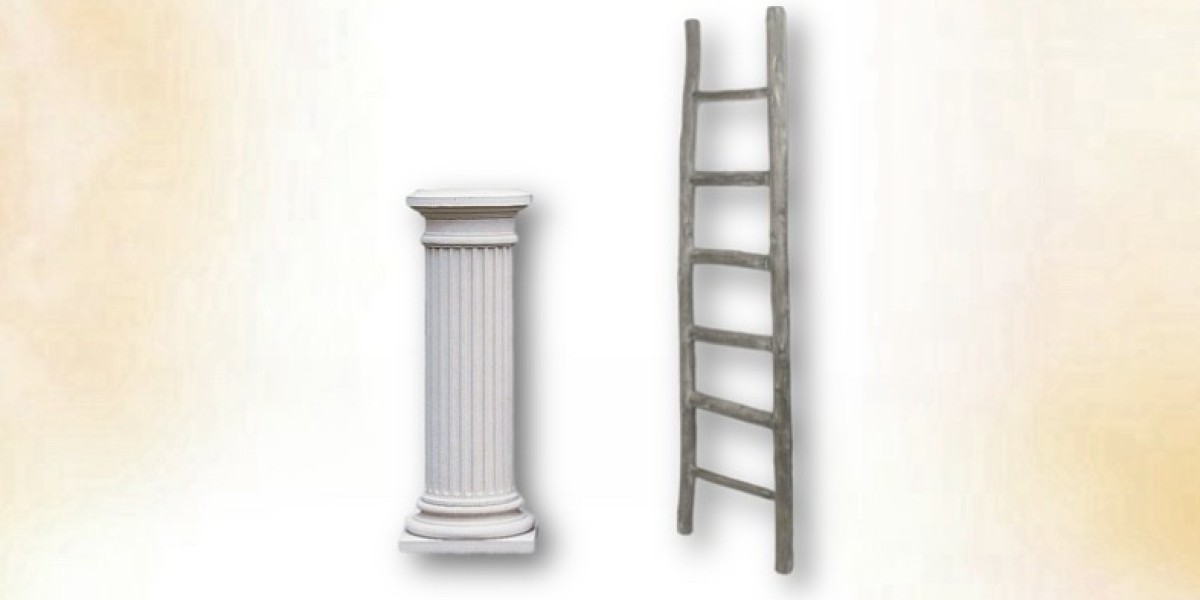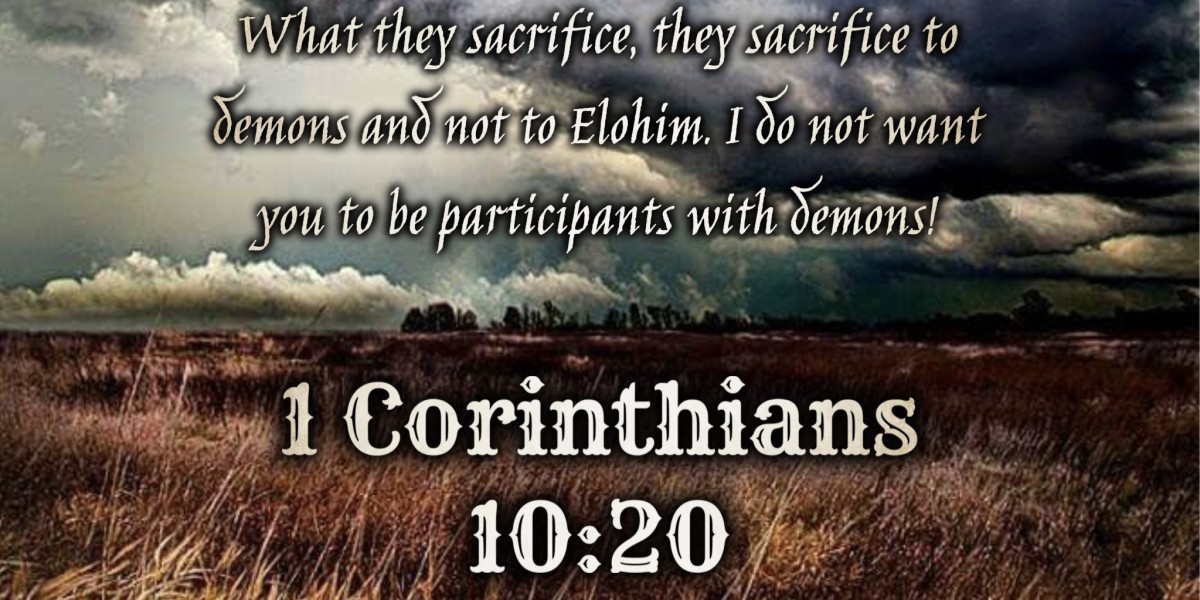If you want to be the kind of believer who follows the church, you’ll listen to anyone who tells you to start at the end and work backwards. Matthew or John or Romans.
But if you want to become the kind of disciple who follows the Messiah, the only place to begin any book especially the Good Book is to begin at the beginning.
Generally Genesis 1 but Deuteronomy 4 is also not a terrible place to start.
Genesis 1 is going to introduce you to the Heavenly Father and show you how to organize your daily life like He organized the creation He made. It’s going to give you your structure and habits for regulating your life as the Lifegiver designed.
Deuteronomy 4 to about 8 is going to tell you who you are as a remnant of an ancient people, fractured and divided up and exiled all over the earth and now called to return.
Starting at the back of the Book is only going to do what it does for everyone else: tell them a story about people whose entire Scriptures was the front of the Book, people who lived and died by the front of the Book and for it, and who believed that the Messiah had to arrive and do everything the end of the Book says He did because of what the front of the Book tells us that He would do when He appeared.
Begin at the beginning and you will have the foundation to understand what’s happening at the end. Begin at the end and you will misunderstanding what is happening at the end, be completely confident it’s correct and divorce the end from the beginning.
This is actually a very serious question. How can we truly get a “good understanding of our Messiah when we don’t yet know the Scriptures He lived His life by?
There was no New Testament till a generation after His Ascension. For 100 years, for the Faithful that followed Him there was only what is now known as Old Testament. Everything He was and is, everything He did, said, expounded on, explained, corrected us back to, or prophesied about Him was what was recorded left of Matthew.
Sure it’s difficult to read and understand the Torah and the Prophets, because our English culture is so contrary to Hebrew culture. But should that not give us more cause for caution, more reason to learn what He knew first? How else can we prevent Ourselves from filtering all our Savior’s life and work through our own cultural bias?
When the end is based on the begining and every person in the story at the end whom we are supposed to be learning from only followed what’s located left of Matthew, how can we rightly believe we understand what they are teaching when we don’t yet know what they were taught?
This is exactly what is wrong with starting the Bible from what is now called the New Testament but which did not exist in the time of those who were part of the story. Whether fiction or nonfiction, no one starts any other story at the end and thinks they can understand why the characters in it are doing what they are doing or why. And when we do start at the end we will make up the exact wrong idea that what we are reading is “literally a whole new story”. If you started reading in the beginning where every book begins it’s not possible to divide the book in half and establish the “favorite part” at the end as completely different, new and separate from everything that came first.
Do you still think there’s nothing wrong with reading the Bible backwards? Let’s test this.
Supposed we try to begin in Matthew. Here we go. It opens with “This is the geneology of Yeshua the Messiah…” Stop.
Why is he opening with a geneology of all things?
Well, because that’s a very Hebraic thing to do…
what’s Hebraic?
Something relating to the Hebrews.
Who are they?
For that you need to read left of Matthew. Okay let’s go on and see if there’s more…
oh wait what’s a Messiah?
That’s an anointed one.
Anointed one? Like someone had water splashed on them or got peed on by a dog?
Irreverent? Yup. But normally the church favors replacing “Messiah” with “Christ”, a word that means anything with anything else rubbed into it or poured on it. Doesn’t have to be religious. In Hebrew though a Messiah was anointed with oil to signify He was chosen from On High to perform a Heavenly task. But for that you’d need to travel left of Matthew….Let’s move on.
“Yeshua the Messiah, Son of David…” Stop.
Who’s that?
Well He was a king in ancient Israel. You’d have to go back to the front of the book to find out about that. Let’s just keep going.
“Yeshua the Messiah the son of David the son of Abraham…” Stop. Who’s that?
Oh He was an ancestor of David.
Ancestor? But it says “son”.
Yeah it’s a Hebrew thing for genealogies to skip generations and just say “son”. You’d have to go back to study the writings and the prophets. Shall we go on?…
“Abraham was the father of Isaac…” Stop. Who’s that?
“Isaac was the father of Jacob…” Stop. Who’s that?
“Jacob was the father of Judah and his brothers…” Stop. Who’s Judah? How many brothers? Why aren’t they named? What about Isaac and Jacob? Did they have brothers?
Isaac, no but Jacob, yes.
Who was Jacob’s brother? How come he’s not mentioned…
And on and on and on the questions go.
The author of the gospel assumes his audience already knows. He’s writing to people who have already read or had the stories of the Torah and the prophets read to them so He doesn’t have to explain any of these things.
Shall we look at John? What if we started there first instead?
“In the beginning was the Word…” Stop. Begining of what?
The world.
What Word?
The Torah. Oh we need to go back to the begining of the book and read about the creation of the world according to the Torah?
How about Roman’s? Wanna see what happens when we started there?…
“Sha’ul, a servant of Yeshua Messiah, called to be an emissary, separated unto the gospel of Elohim, which He had promised before by His prophets in the holy Scriptures…” Stop. Same question about Messiah and what promises? Which prophets? What’s a prophet? What did Sha’ul call Scriptures? I was told this Hew Testament is the Scriptures… and the questions just keep piling up the more we read on.
But few think to ask them. They just gloss over these parts and look for the stuff about how they get their personal salvation without personal responsibility.
Begin at the begining if you want to understand life and blessing, righteousness and holiness, all the things your Messiah lived by and lives for. Start at the front of the book if you want to understand the end where the people were all living it out on a daily basis. Travel back left of Matthew if you really want to know what sin is, and why Yeshua had to die for it.
Or start at the end and believe what ever you want it to say to you, which would really just be you saying it to yourself.
Second Guess First Assumptions
Question Everything
Get Biblical






